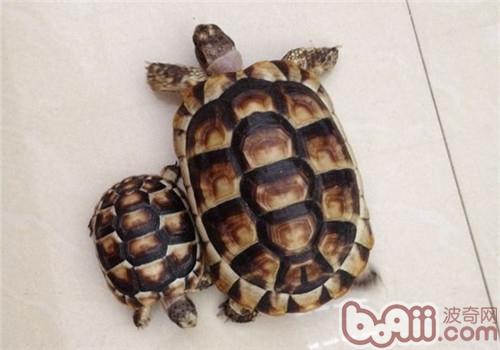
The focus of raising a tortoise
The food of a tortoise is not special It is required that a wide range of animals can meet their nutritional needs. The most important thing is to pay attention to calcium supplementation. This is an ever-changing topic in tortoise breeding. Here is an introduction to what is better for tortoises to eat.
The most important food of the Marginal tortoise is weeds and Asteraceae plants. However, for the wild Marginal tortoise, from the hatchling stage to the sub-adult stage During this time, they will often catch snails and earthworms, and the closer they are to adults, the more plant-based their diet becomes. This is a relatively adaptable breed that is less sensitive to changes in food and environment. Their feeding habits are similar to those of common European tortoises. As long as they are fed properly, they will grow very easily. Yuanqiao does not like to drink water, so it is enough to provide fruits and vegetables with high water content.
The food of the tortoise should include weeds, leaves and flowers as much as possible. At the same time, it can also include dandelions, plantains, mallows, Endive, hibiscus, mulberry, green grass, bitter greens, alfalfa, lettuce, lettuce, endive, giant palm and the occasional summer/winter pumpkin or tomato. Cat and dog food is not recommended for this tortoise. Fruit (watermelon, strawberry, apple, etc.) should also be given only occasionally. Vitamin powder should be sprinkled on food once a week, and calcium powder should be repeated every week, especially for hatchlings or growing animals. If they are raised outdoors, it is recommended to use calcium powder supplements containing vitamin D3. On the other hand, if they are raised outdoors, they can be given calcium powder supplements that do not contain D3. For drinking and soaking purposes, water should be readily available.
</p>
</p>